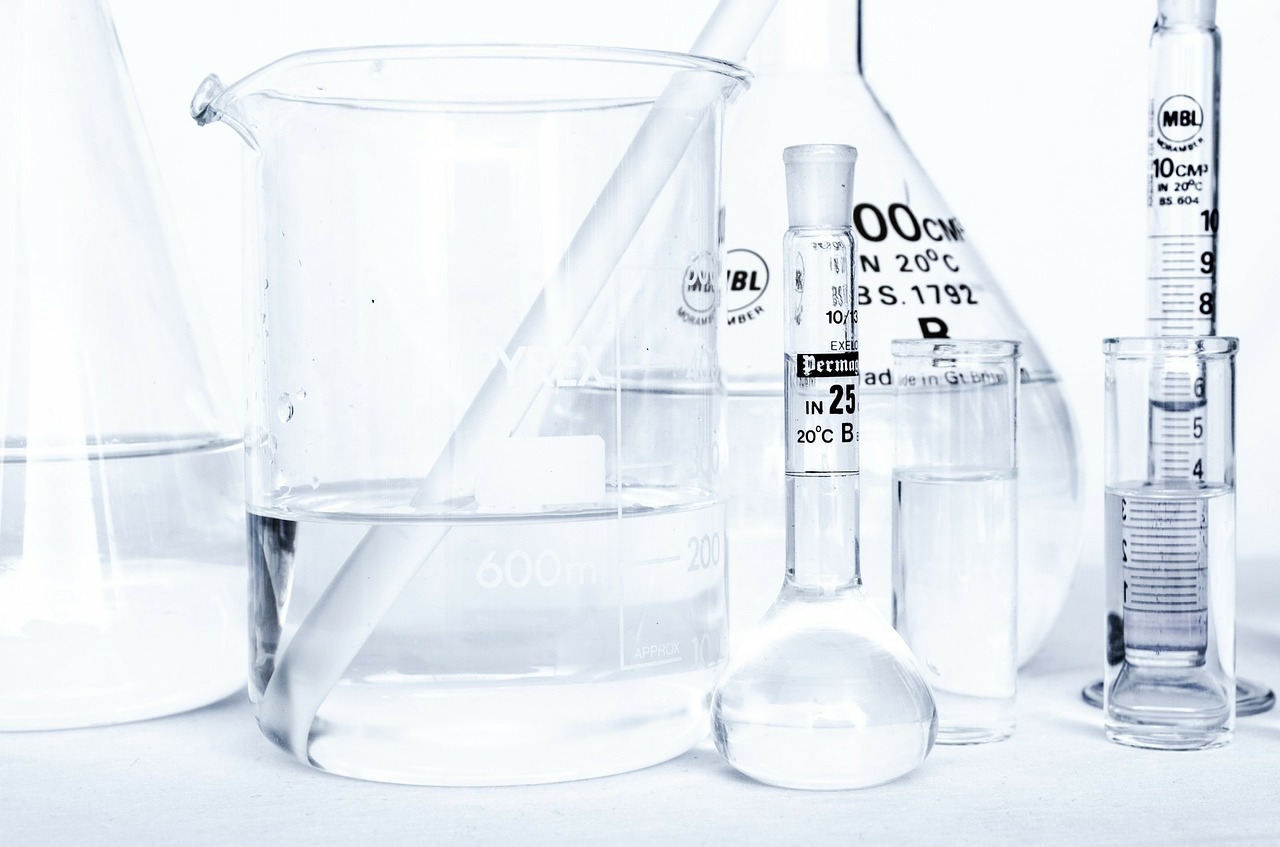Chemical Product Registers you didn’t know existed
by Ellen Thornton at 09:10 in Content, Environmental
The Substances in Preparations in Nordic Countries (SPIN) database contains information on the chemicals that are used in the Nordic countries, based on the Products Registries of Norway, Sweden, Denmark and Finland. In these countries, manufacturers and/or importers of substances must submit a notification to the Product Register. The chemicals to be reported are those deemed to be a ‘notifiable product' by that country, which is defined in the legislation, if they are produced or manufactured in quantities over 100 kg per year. The database is financed by the Nordic Council of Ministers Chemical Group.

In the Nordic countries, manufacturers and importers of certain substances are obligated to register under the Product Register and under REACH. The Nordic Product Registers offer availability of emission information, access to information on composition and hazard of single preparations and the possibility of starting dialogues between authorities and formulators among other benefits that REACH doesn't provide. Both systems record the identity of the substance manufacturer, the identity of substance or preparation importer from non-EU countries, the identity of the substance, annual volume of substance per company and the identified use of the substances. Other European countries such as Cyprus, Italy and Poland require manufacturers/importers of hazardous chemicals to submit a notification to the relevant authority containing basic information about the chemical and the producer, although most don't require annual quantity reports.
The following information should be included in notifications to the Product Registries (there may be slight variations between countries): commercial chemical name; hazard labelling (under CLP); details of the company responsible for registration; quantity report for the previous year; details of the manufacturer; company name on the label; customer list; industry/area of use; product type; composition data; constituent data; identification number; unambiguous chemical name; percent by weight; physical data; and any other relevant information.
An annual report is also required by the Product Registers in each country. This should contain quantities for the whole year, including for any discontinued chemicals. Furthermore, annual fees are paid to fund the monitoring of hazardous chemicals. The person responsible for the declaration and annual report is the first party in the country to import or manufacture a chemical that must be declared. Although, the declaration work can be done by another company such as an agent or manufacturer.
The Nordic product registers use the NACE codes (the statistical classification of economic activities in the European Community which also embodies in the EEA Agreement by the EFTA countries) to classify the branches of industry where the products are used. All Nordic registers then report to the SPIN database using NACE. Harmonisation of Nordic Product Registers occurred in 2002 as previously, all 4 different countries were using different coding systems for classifying the type of chemical product. Now, Use Categories Nordic (UCN) are used in a harmonised system where the codes are documented in the guide for the SPIN database. Norway, Sweden and Denmark developed these codes and use them now, whereas Finland still classifies the product type by using the EU system of use categories in a slightly modified form. The UCN system allows for more specific classification of uses.
The purpose of the SPIN database is to be a non-confidential database to act as a valuable source of data for downstream users of chemical substances in products on the national markets. Hence more information on a greater number of chemical substances is accessible, e.g. for the purpose of exposure assessment. The available information includes the number of products containing the substance, the annual tonnage, industrial and use categories, the annual tonnage within these categories and the presence or absence of the substance in consumer products.
If you require any more information about the SPIN database or need any help with chemicals reporting, please contact us here.
 Click here to receive regular updates on blog posts, webinars, and regulatory changes directly to your inbox
Click here to receive regular updates on blog posts, webinars, and regulatory changes directly to your inbox

